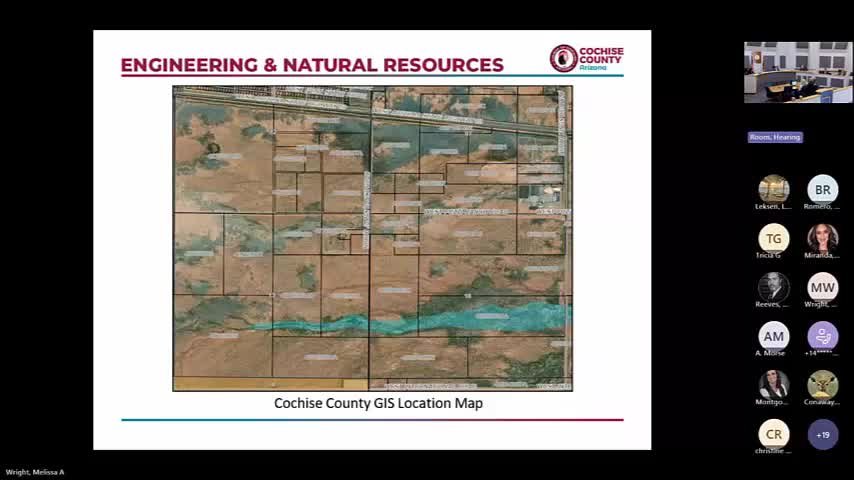Update on Gaza Child’s Health Report
The New York Times revisited a report on Tuesday concerning a child from Gaza who was reportedly suffering from severe malnutrition. The publication later clarified that the child had other health issues that came to light after the initial report.
In their original article, which was published on Thursday, the Times aimed to shed light on the plight of civilians, particularly children, amid the ongoing conflict between Gaza and Israel. One child highlighted was Mohamed Zakaria Al Mutawak, an 18-month-old.
Al Mutawak’s mother conveyed to the outlet that her son, at 18 months, was “a healthy child.” However, a statement released on X by a Times spokesperson noted that while many children in Gaza face malnutrition, they were not aware of Al Mutawak’s specific health conditions until after the article went to print.
“As documented by our reporters and others, children in Gaza are indeed malnourished and suffering from hunger. We recently discussed the situation of these vulnerable civilians,” said the spokesperson.
Following new information from the hospital treating Al Mutawak, the Times updated its reporting to provide a deeper context regarding the child’s existing health issues. The spokesperson emphasized that their ongoing coverage aims to accurately reflect the realities faced by those in Gaza.
The updated article indicated that Al Mutawak’s mother’s claims of him being “healthy” were reassessed, elucidating that the child faced “problems affecting brain and muscle development.” It also mentioned that Al Mutawak’s condition had worsened recently due to difficulties in accessing food and medical assistance.
Concerns about hunger in Gaza have escalated since May, with the World Health Organization reporting that an estimated 71,000 children under five could experience “acute malnutrition” in the coming months due to continued aid blockades.
The Hamas Ministry of Health reported on July 22 that hospitals are overwhelmed with casualties and are unable to adequately address hunger-related issues due to shortages of food and medical supplies.







